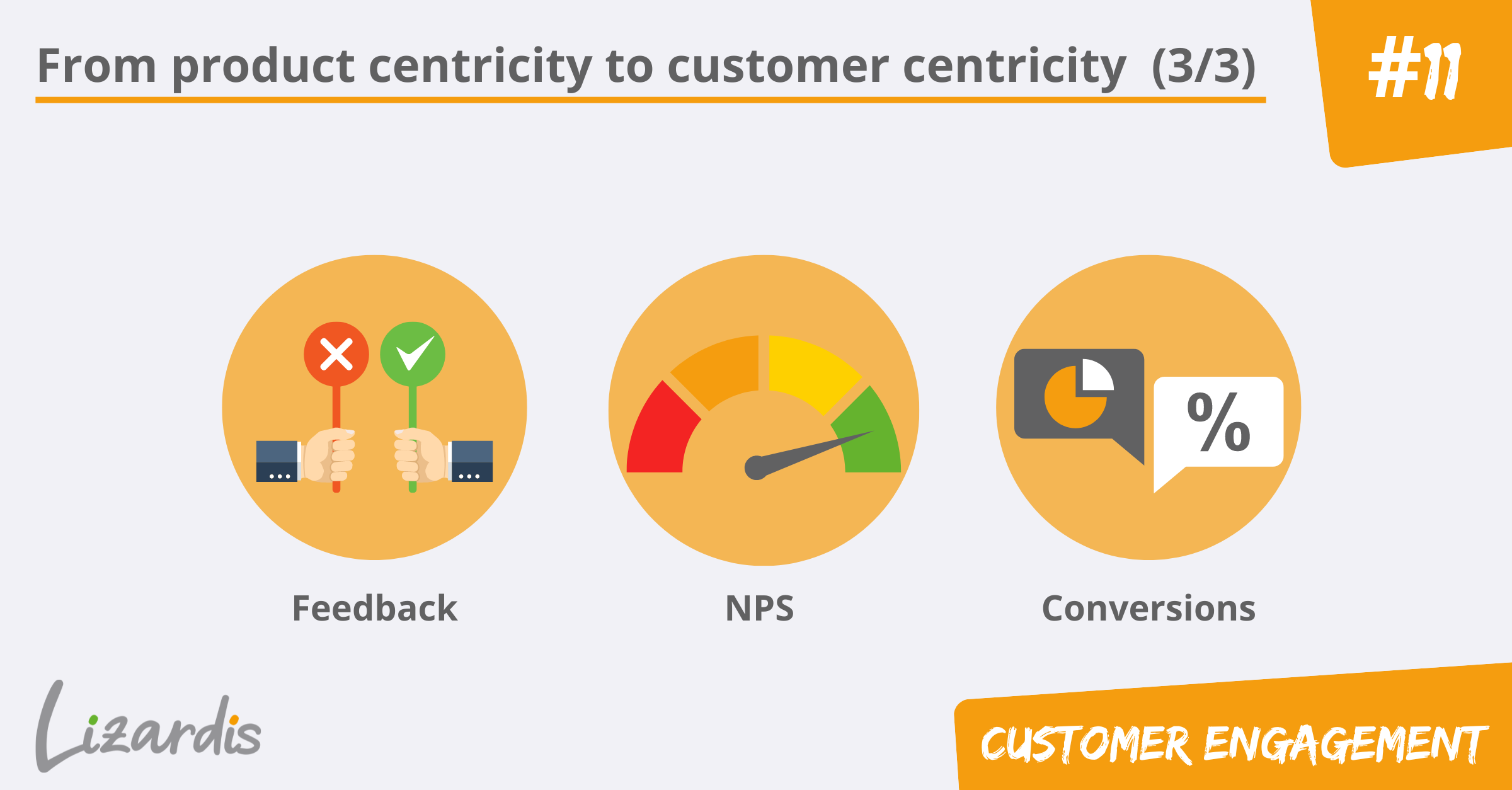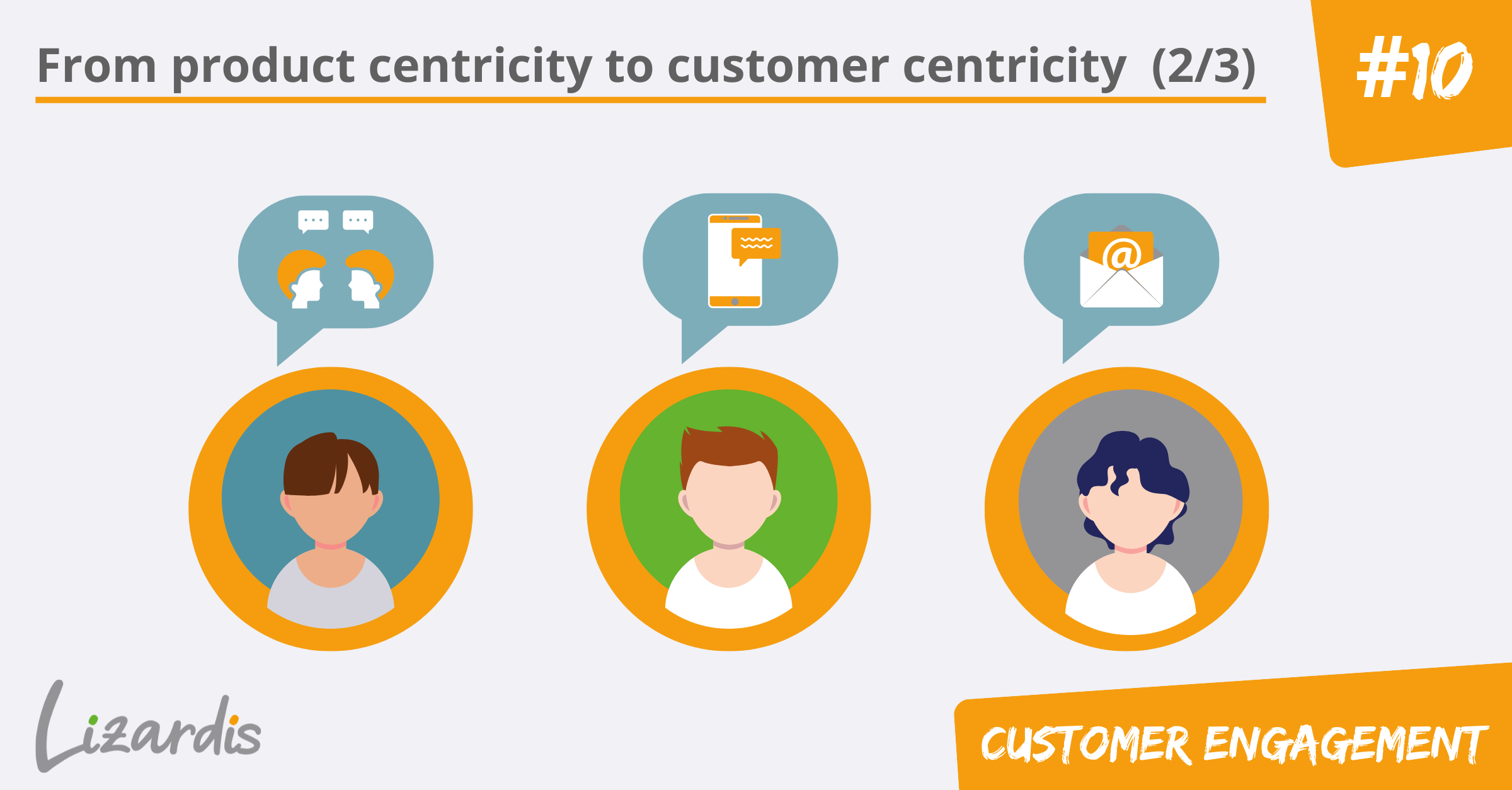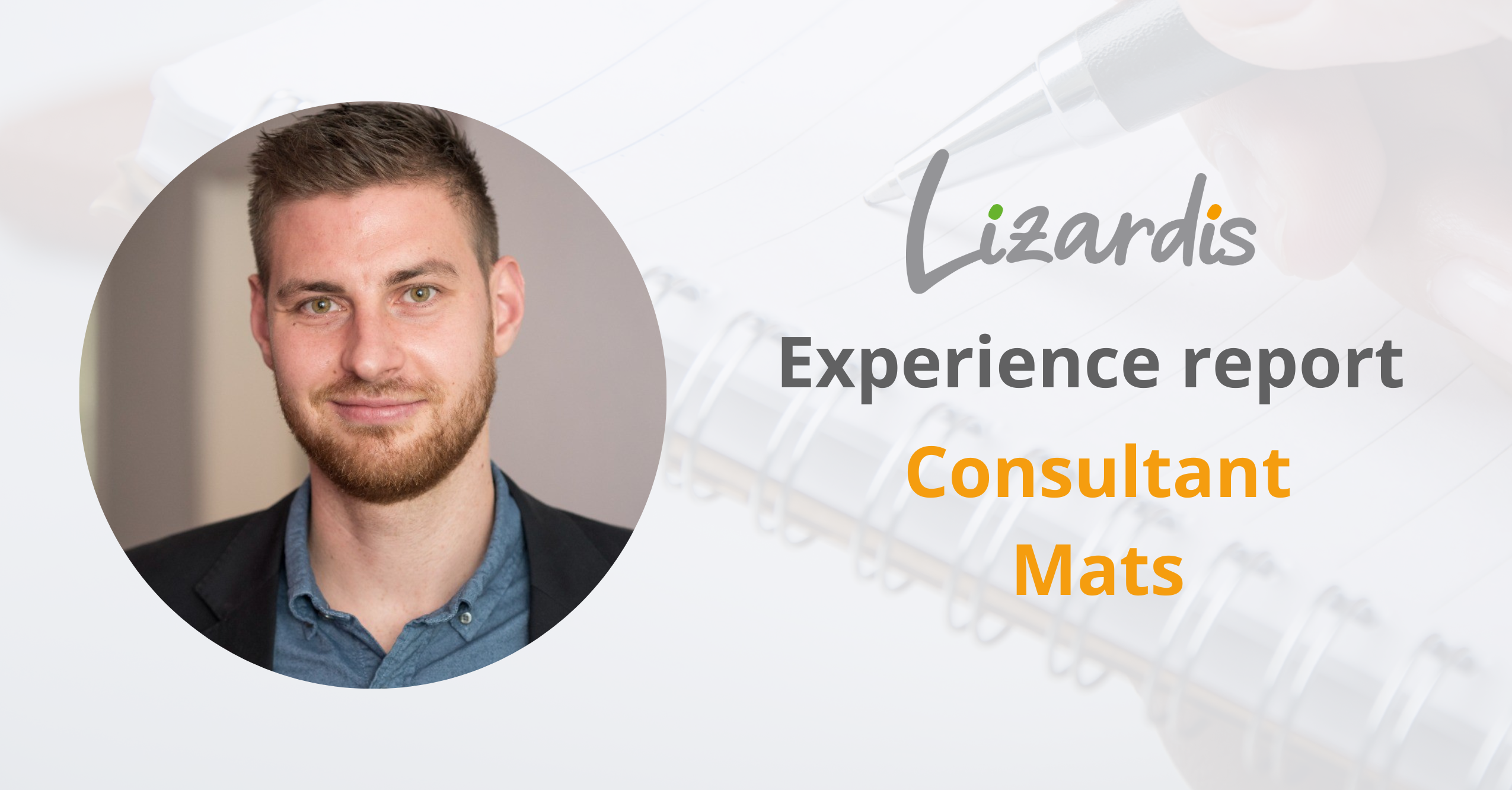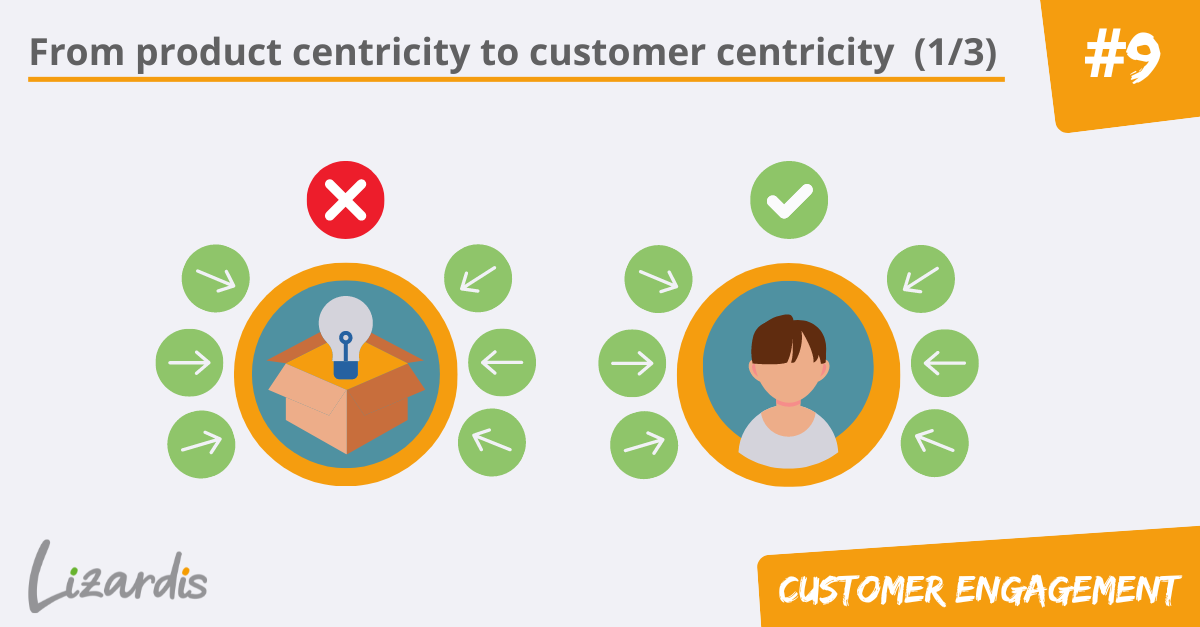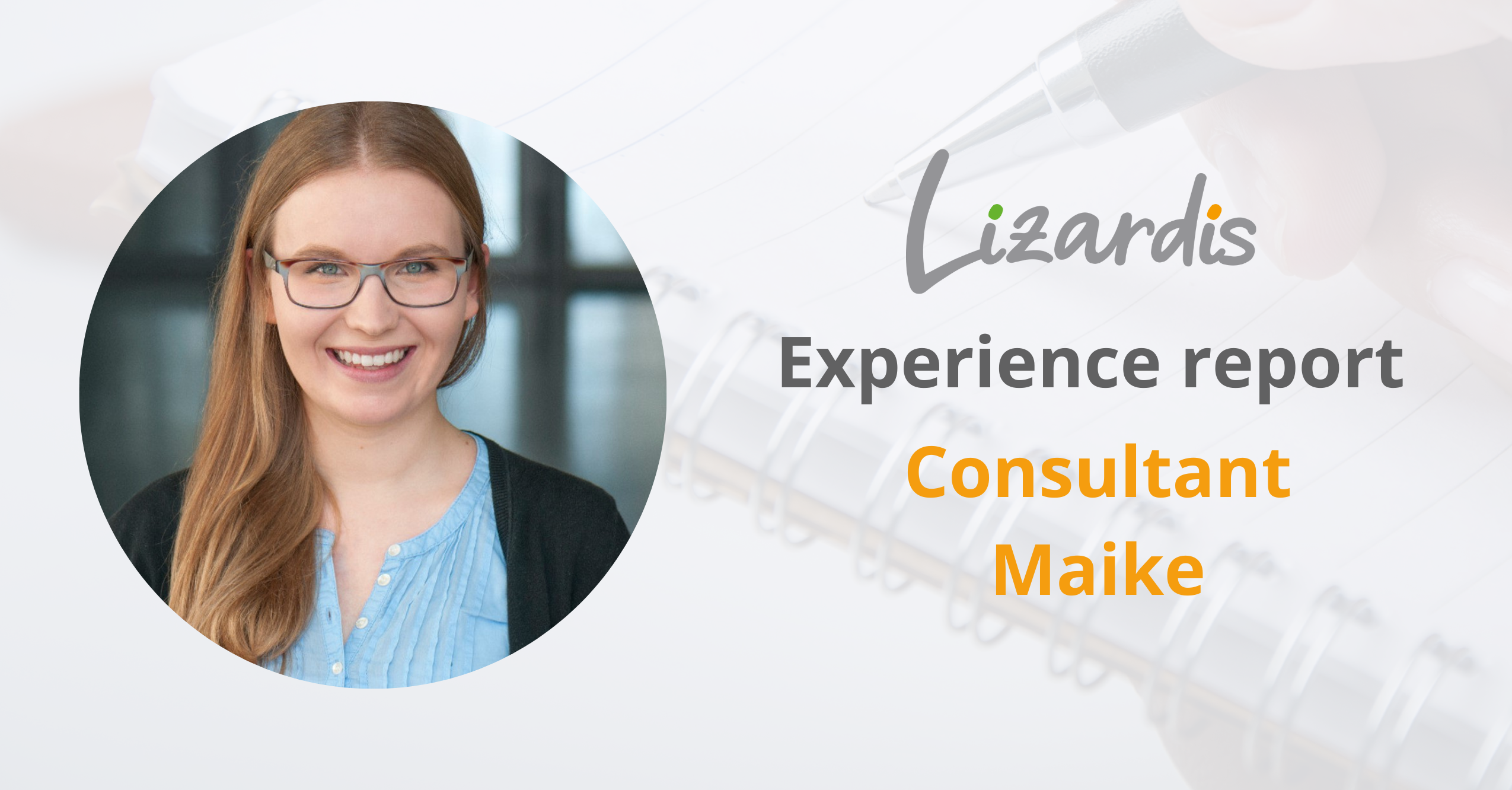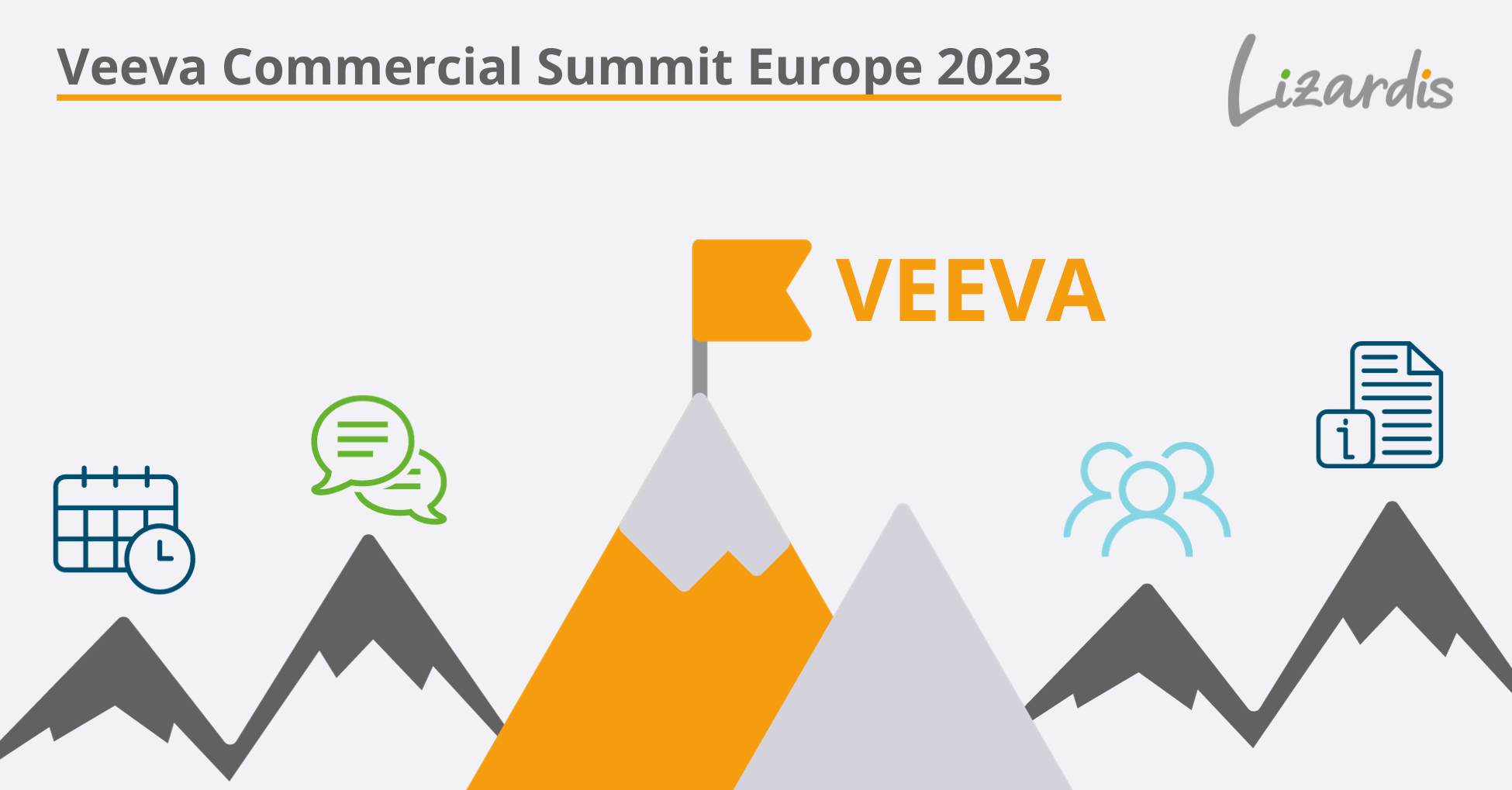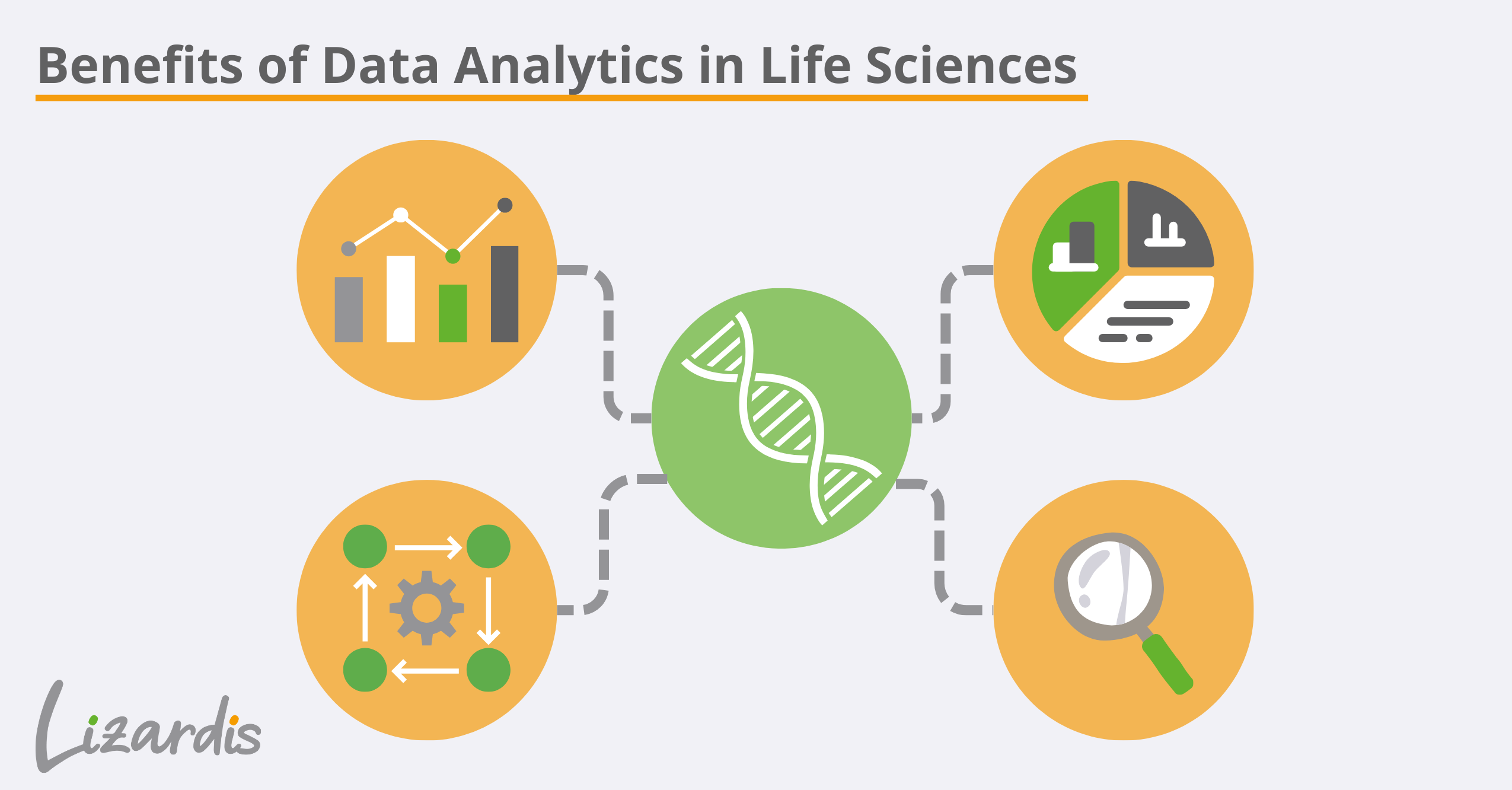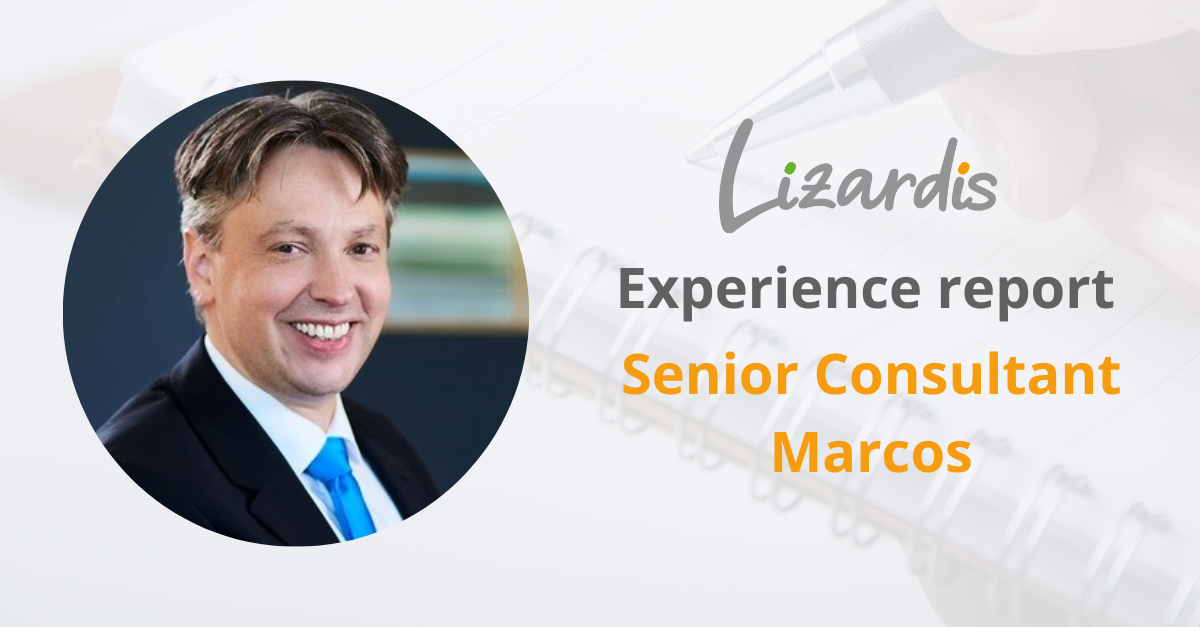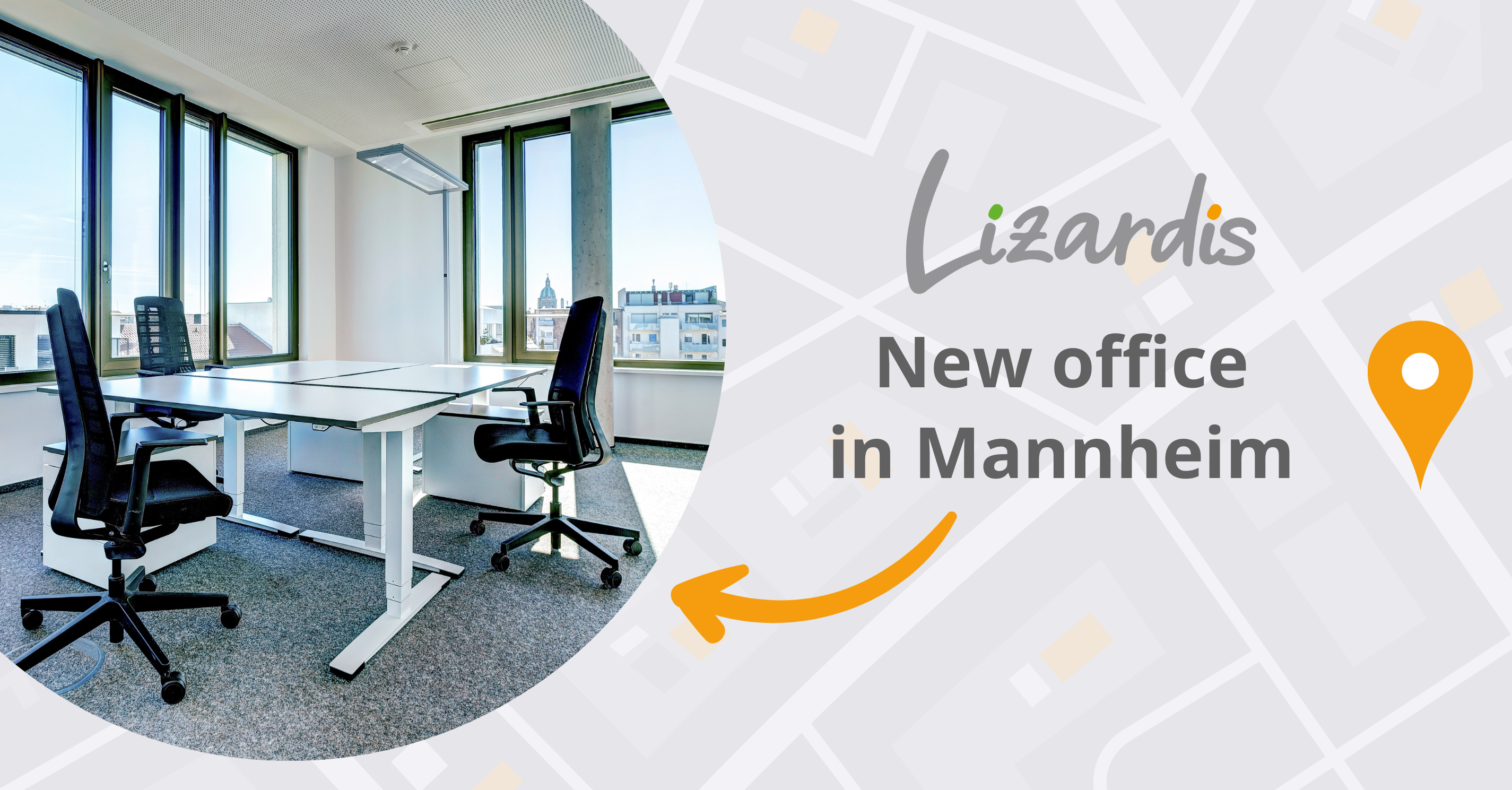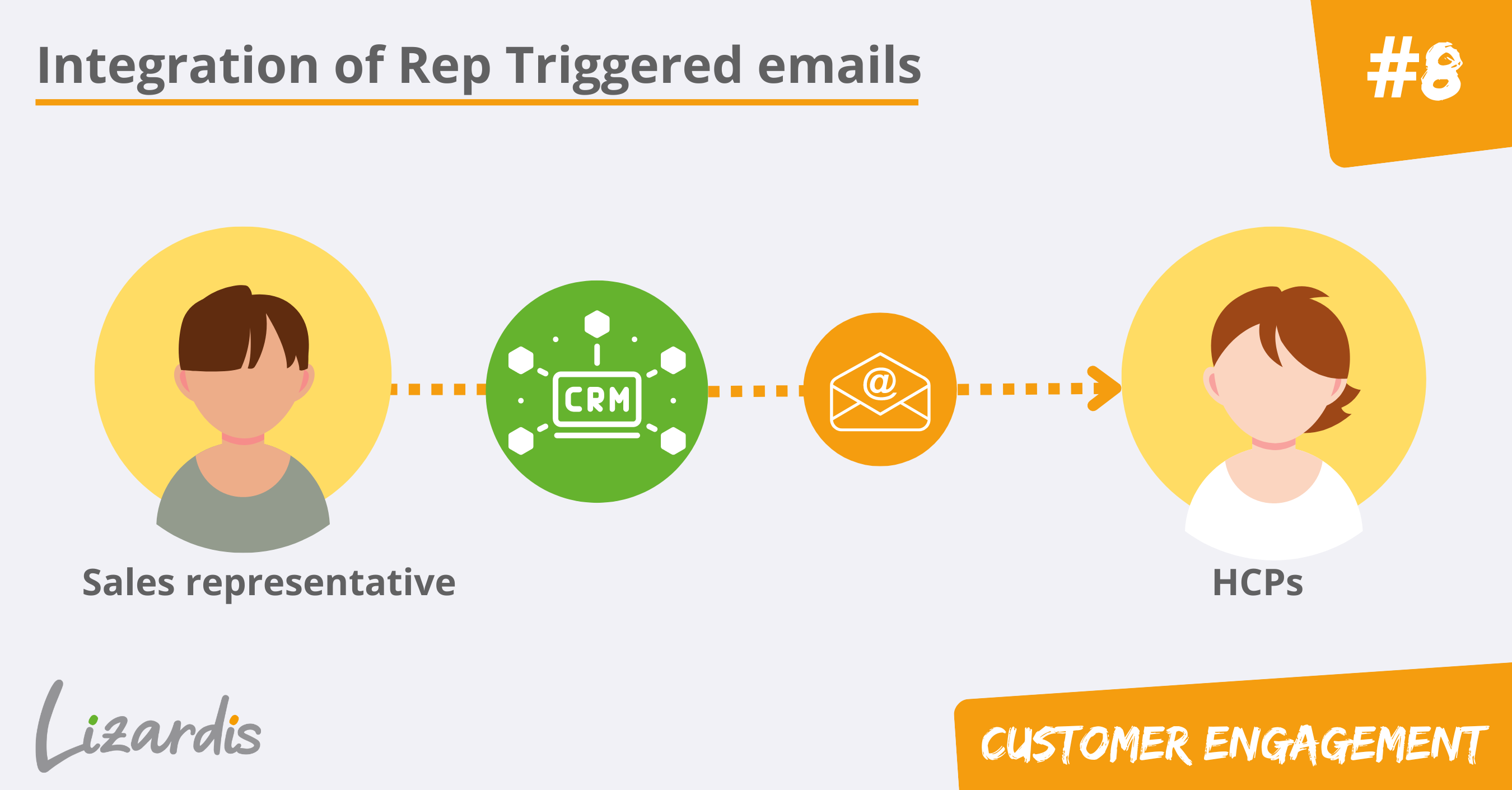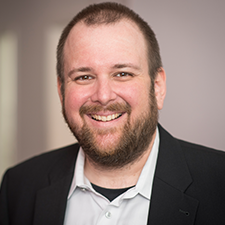Hannover, February 1 2024
In this blog series, we provide initial insights into the tasks of our employees, take you into our day-to-day business and interview our colleagues about their work with us.
In this experience report, our colleague Maike talks about her experiences as a Consultant Data Insights at Lizardis.

Q: You’ve been a part of us for a year now. Tell us, how have you been since then?
A: On February 1, 2023, I started as an Associate Consultant at Lizardis GmbH in Hanover out of curiosity about working in the field of BI. Almost a year and two full notebooks later, I can say that there are still many new things to learn.
Q: What expectations did you have at the beginning of your job?
A: To be honest, I was initially quite put off by the job title “consultant”, because in my mind they were overworked people who thought they were omniscient and had little empathy. During the initial introductory meetings, this image didn’t seem to apply to the Lizardis employees, but I still had my reservations about working in a consultancy – after all, my free time is also important to me and I knew from consultant friends that they often have to put this on the back burner. Fortunately, this fear did not come true.
Q: What challenges did you face when you started your job?
A: I think the biggest challenge for me is still finding a common language, as my background is in market research and I was therefore largely unfamiliar with BI terms and systems. I also had little previous contact with the pharmaceutical world. That’s why my colleagues and my notebook are definitely a great help to me in getting a better understanding of the industry and internalizing the specific terms, because if I jot them down, I can refer back to them more easily. Fun fact: our Managing Director Andreas gave me a notebook on my very first day at work, which I immediately took as a good omen.
Q: What does your day-to-day work look like?
A: I work on projects, which means I take on the tasks that are currently on the agenda, such as visualizing dashboards in Qlik Sense or adapting views in SAP HANA Studio. I also conduct coordination calls with customers.
Q: Which tasks do you particularly enjoy?
A: I prefer to work on the current project, where the environment is already familiar to me and I already have all the access and systems at my disposal. I also find it wonderful to be able to really familiarize myself with topics and try things out while being given the necessary time to do so.
Q: Do you work a lot in a team or alone?
A: I would say both. I like to structure and work on the tasks for myself first, but I also know that I can always ask my colleagues for advice or support. Of course, I’m also happy when I can answer a question from someone in the team.
Q: Our work focuses on life sciences. What special features do life sciences bring to your work?
A: As pharma-specific key figures are calculated for the creation of dashboards, it is good to have an understanding of them in order to be able to review certain values.
Q: Are there any points that bother you?
A: Yes, even though I already know it from previous employers, recording working hours will probably never be one of my favorite tasks.
Q: And last but not least: what do you particularly like about Lizardis? What do you appreciate most here?
A: I think that one of the greatest strengths of Lizardis is the team spirit. Whether I’m working from home or in the office, I can always ask someone if I’m stuck with a task and tell them honestly if I need support. This authenticity also makes working here particularly special for me. Of course, I am also happy about the trust placed in me, allowing me to work independently and flexibly, and about the appreciation of my work, which motivates me. Besides, the coffee here is delicious. 😉
Would you like to find out more about our day-to-day work? In this article, our colleague Marcos talks about his work as a Senior Consultant for Customer Engagement.
You want more insights?
Check out our other blog articles!
Omnichannel-Management: From product centricity to customer centricity (3/3)
How do you measure the success of your omnichannel strategy and customer-centric approach? Learn more about possible methods for measuring omnichannel efforts.
Omnichannel-Management: From product centricity to customer centricity (2/3)
The successful implementation of omnichannel requires an organizational change away from traditional silo thinking towards customer orientation.
Experience report Mats: Consultant Data Insights
In this experience report, our consultant, Mats, provides you with an overview of his 3 years of experience as a Data Insights Consultant.
Omnichannel-Management: From product centricity to customer centricity (1/3)
Omnichannel marketing enables the shift from product centricity to customer centricity. Learn more about how it differs from other concepts.
Experience report Maike: Consultant Data Insights
In this experience report our consultant Maike gives you an overview of her work as a data insights consultant.
Unveiling the Insights: Key Takeaways on Life Science from Veeva Commercial Summit Europe 2023
Our customer engagement expert, Marcos, attended the Veeva Commercial Summit 2023 and gained exciting insights and key takeaways for life sciences.
What are the benefits of data analytics in the Life Science industry?
Data analytics is currently on everyone's lips and an integral part of many companies. However, one question quickly arises: what is the actual added value and why should Life Sciences deal with their data at all?
Experience report Marcos: Senior Consultant Customer Engagement
In this experience report, our colleague Marcos talks about his job as a Senior Consultant Customer Engagement at Lizardis.
Our new office in Mannheim
This year we had the pleasure to welcome several new colleagues to our team, and now there is even more good news: Starting from August 1, 2023, we have opened a new location at the Business Center Q7 in Mannheim.
Rep Triggered Email platforms – What is the most sensible way to integrate this channel to promote customer loyalty?
In this article, I will review the so-called Rep Triggered Emails channel. I will outline what approaches exist for this channel in the life sciences industry, what tools are used and what data can be obtained in this way.

